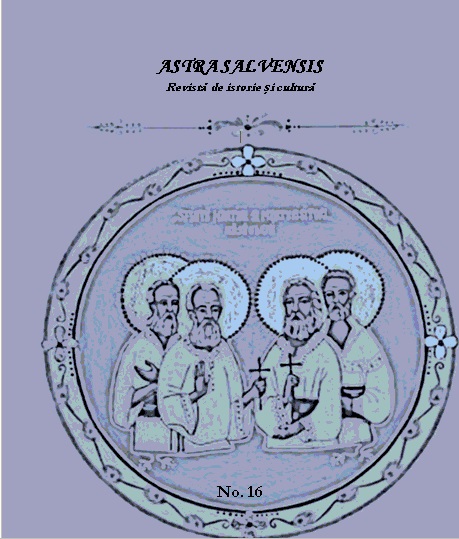The Nature of Theological Language
The Nature of Theological Language
Author(s): Maxim Marian VladSubject(s): Theology and Religion, History of Religion
Published by: Asociaţiunea Transilvană pentru Literatura Română şi Cultura Poporului Român - ASTRA
Keywords: philosophy of language; theological language; conventional language; adequate interpretation; religious experience;
Summary/Abstract: Over time, there has been a historical relationship between philosophy and theology all over the world. In our days, the rise of analytical philosophy, which is best illustrated in the school of logical positivism, has created a close preoccupation with the meaning of language. This development in philosophy inevitably calls for a critical re-examination of the nature of theological language. The problem is the meaning of words applied to God and to creatures. If our words mean exactly the same thing when applied to God and to creatures, then God’s transcendence is eliminated: God ceases to be God in order to be a creature or vice versa. On the other hand, if our words bear an altogether different meaning when applied to God, then God’s immanence is obscured: man is no longer in a position to know God. We must emphasize from the outset that the theme is very difficult, because theology and language are living realities, following a dynamic path, unsupported by methods. Moreover, we cannot elaborate methods, isolated from life, which we then apply to life. It does not always yield results to apply the methods related to a certain spiritual activity to another of this kind.
Journal: Astra Salvensis - revista de istorie si cultura
- Issue Year: VIII/2020
- Issue No: 2020
- Page Range: 151-162
- Page Count: 9
- Language: English

